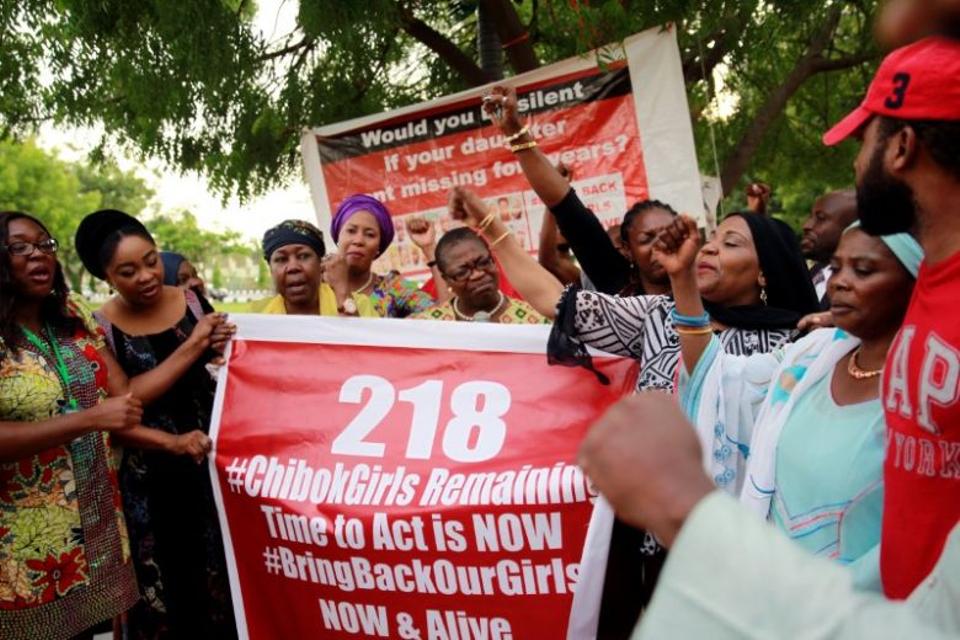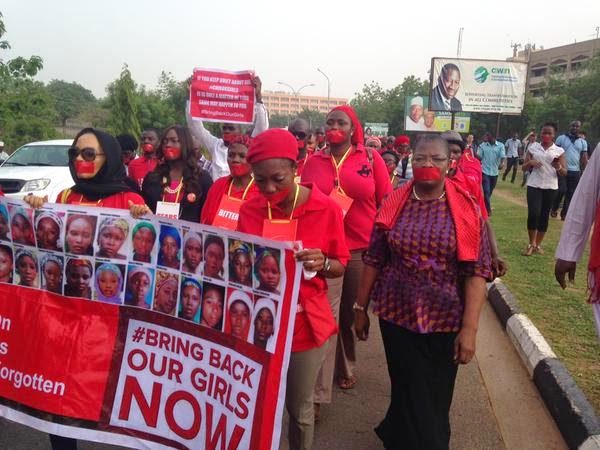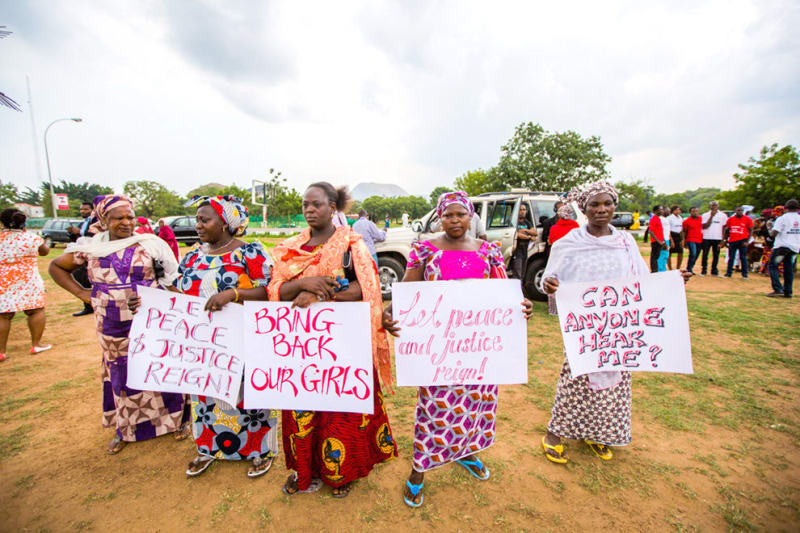
1001 days ago, at least 276 young women were kidnapped from Chibok. It is not the first instance of kidnapping in the area and their return in ‘dribs and drabs’ is an exercise in agony. I spent my birthday weekend surrounded by love, family, safety and assurance of my place and value in this world. Surely that is the bare minimum of life and existence? And yet about 200 of this last group of young women and girls remain captive not only to Boko Haram but also to our silence. Our shared inertia. Our disinterest in stories that do not have fast and happy endings. Our appalling attention span that is further diminished by tweeting and Instagram and yes…Facebook.
I am so frustrated by my own lack of ideas and inability to make a meaningful contribution to bringing these young women home. The state seems to be sleepwalking, the AU seems to be disinterested and ECOWAS has seemingly not yet found the means to do something that ought to have happened 1000 days ago – find these women. How many more days? A 1000 more? Do Black lives and Afrikan lives have so little value even to us? Do Women’s lives and Black women have such little currency? Is this why our outrage is so muted?
I watched as these women were paraded by President Buhari recently, many of them so disoriented, distant and deeply haunted. Many have lost their families who moved away from the volatile Chibok area. Others have been so dislocated that they are unable to re-adjust. Nothing can ever be the same again. One cannot unsee, unfeel and unremember.
Many have come back with children, the product of rape and coercive sex. Few of us want to speak of the stigma and shame that accompanies their return. Post Traumatic Stress Syndrome, nightmares, shame, STDs, fear, paranoia and so much more. A pretty dress and a visit to the President do not erase all this. I suppose this is my own attempt to make sense of such a senseless event and to find balance in such a bizarre and violent context. #1000daystoomany.
(Photo Credit: TRT World)


